US to begin Afghanistan drawdown as Kabul, Taliban deadlock ahead of peace talks
The Taliban renewed its call for attacks against the government on Monday, threatening hopes for a ceasefire
The U.S. is so far sticking to its timetable to withdraw American forces from Afghanistan, even as a prisoner swap ahead of talks between the Afghan government and Taliban showed signs of breakdown and the insurgent group called for a resumption of violence after a week-long lull.
American officials and the Taliban signed an historic agreement in Qatar on Saturday to lay groundwork for an American and NATO withdrawal, but Afghanistan’s government was not part of the talks.
The U.S. is set to draw down its troop presence in Afghanistan from some 12,000 to 8,600 within 135 days before assessing plans for a full withdrawal within 14 months. The first pullout is set to begin within ten days.
“My instruction to the commander was, ‘Let’s get moving, let’s show our full faith and effort,'” U.S. Defense Secretary Mark Esper told reporters at the Pentagon on Monday, March 2.
Esper emphasized that the planned drawdown is based on the Taliban living up to its own obligations, which include refraining from attacking international security forces and not allowing the country to be used as a staging ground for attacks on U.S. or its allies.
“This is going to be a step-by-step process,” Esper stressed.
The deal includes a release of up to 5,000 Taliban prisoners by the Afghan government in exchange for as many as 1,000 prisoners held by the militants in a swap facilitated by the U.S. Both sides are supposed to release all prisoners within three months.
But President Ashraf Ghani said Sunday his government was not willing to release the prisoners as a precondition to talks with the militants, which are set to begin March 10.
“There has been no commitment for the release of 5,000 prisoners,” Ghani told reporters in Kabul, saying the swap was “not in the authority of United States to decide.”
The Taliban on Monday said it would not talk to the Afghan government until it releases the prisoners.
Saturday’s agreement does not oblige the Islamist militants to refrain from attacking the government, and a Taliban spokesperson called on Monday for a resumption of attacks following a week-long reduction of violence leading up to the signing of the U.S.-Taliban accord on Saturday.
“The reduction in violence … has ended now and our operations will continue as normal,” Taliban spokesperson Zabihullah Mujahid told AFP.
“As per the agreement, our mujahideen will not attack foreign forces but our operations will continue against the Kabul administration forces,” he said.
Both the U.S. defense secretary and Chairman of the Joint Chiefs of Staff Mark Milley were hesitant to blame the Taliban for a bombing that killed three people at a football field in Afghanistan’s Khost province on Monday. No group has yet claimed responsibility for the attack.
Esper said on Monday he was not aware of the Taliban’s order to resume attacks on Afghan forces. “Our expectation was that a reduced level of violence would occur,” he said.
“We’re going to deal with each situation as it arises,” he said.
Esper added that he was “confident” that U.S. missions, including counterterrorism operations against other groups such as Islamic State Khorasan Province, can continue with just 8,600 American troops in Afghanistan.
The number is roughly the same as the publicly acknowledged U.S. troop presence during the first year of the Donald Trump presidency, though the Pentagon later said that the actual number at the time was closer to 11,000.
That number rose to some 15,000 troops before General Austin Miller, commander of U.S. forces in Afghanistan and the NATO training mission there, reduced the level after taking command in 2018.
The Taliban has gradually expanded its influence in Afghanistan’s rural regions since 2011, when American troop levels peaked at nearly 100,000.
Roya Rahmani, Afghanistan’s ambassador to the U.S., expressed some optimism on Monday about the U.S.-Taliban deal but did not answer a question posed by NPR whether she trusts the Taliban to live up its agreements.
President Trump said Saturday that he will meet Taliban officials “in the not-too-distant future,” but U.S. officials have offered no explanation for the president’s comment.
Trump has repeatedly says he wants to bring American forces home from overseas conflicts.
The U.S. and international allies invaded Afghanistan in 2001, toppling the Taliban government in response to the September 11 terrorist attacks carried out by al-Qaeda, whose leadership was based in Afghanistan.
“The best opportunity to end the war is now,” Milley told reporters on Monday.

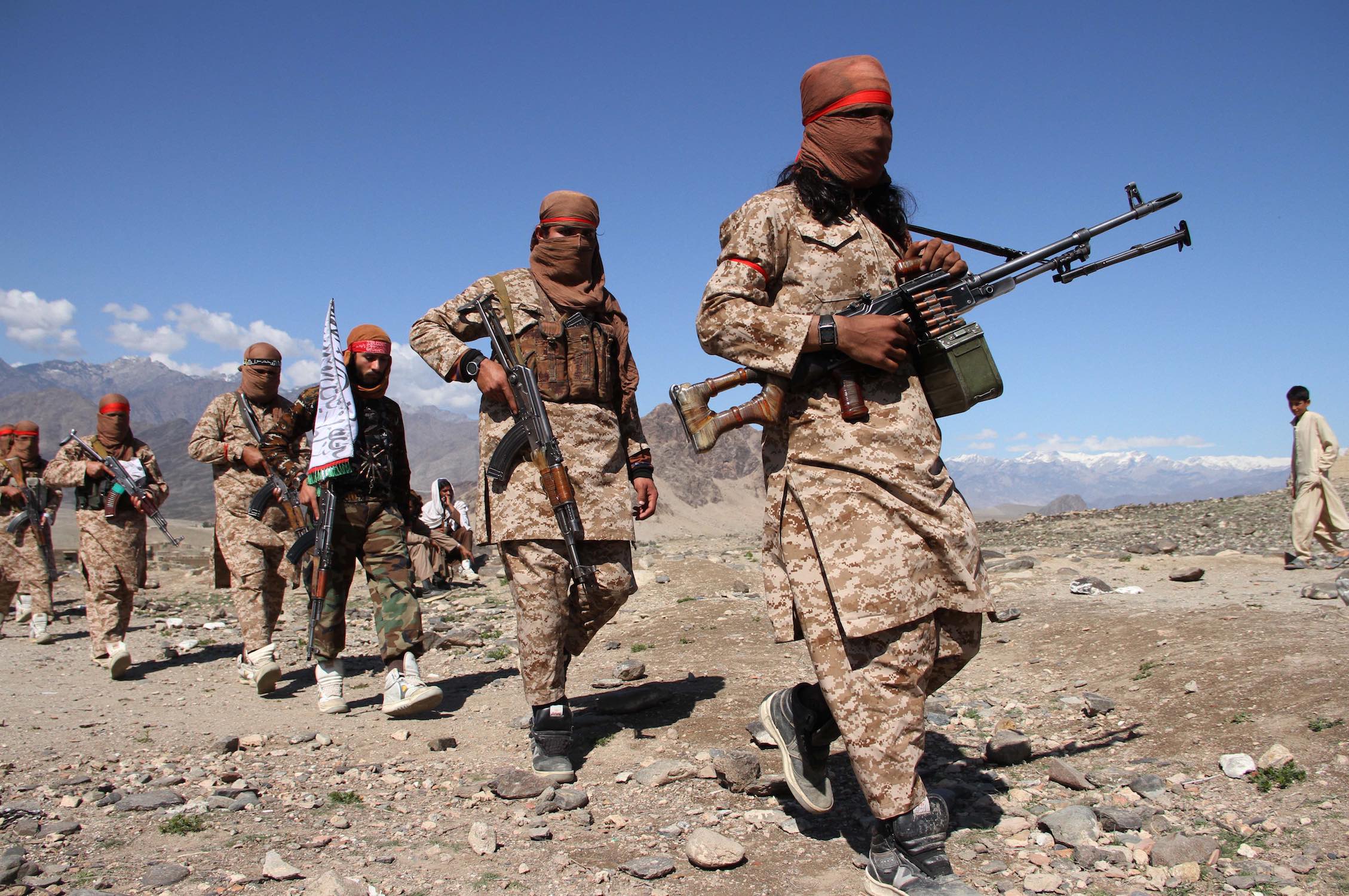
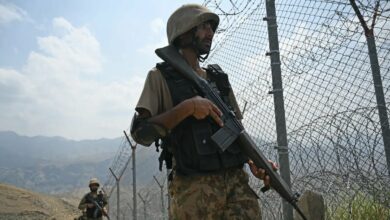


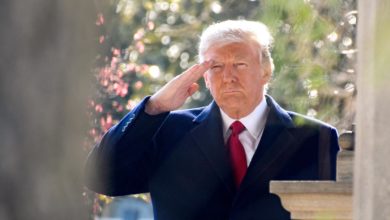


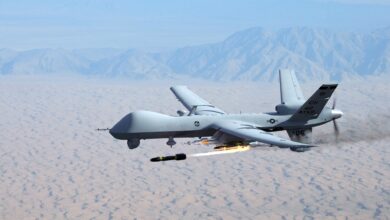

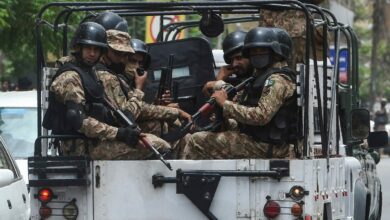

One Comment